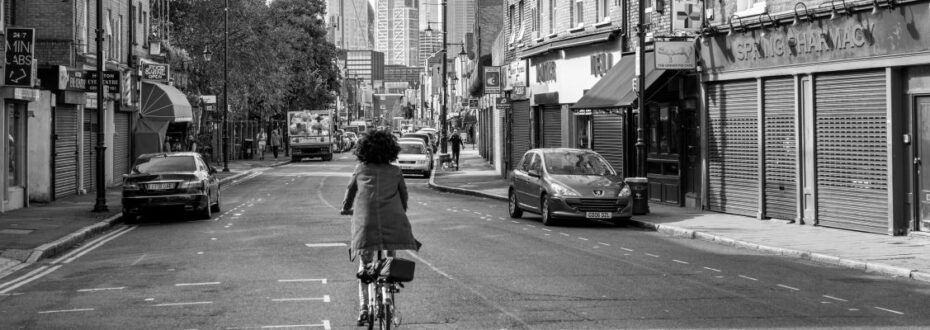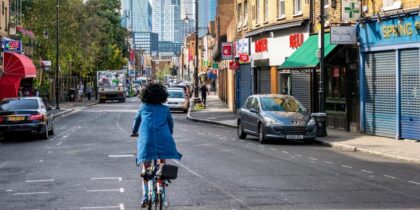The Covid-19 pandemic could entrench and exacerbate inequalities in mental health for a generation unless concerted action is taken to close the gap, according to a report published today by Centre for Mental Health and supported by 12 mental health charities.
Covid-19: Understanding inequalities in mental health during the pandemic finds that the unequal impact of the virus and the lockdown are putting greater pressure on groups and communities whose mental health was already poorer and more precarious before it hit the UK.
Groups of people whose mental health is at greatest risk include those with existing mental health problems, people with long-term physical conditions, women and children experiencing violence and abuse, and Black, Asian and minority ethnic communities. The combination of existing structural inequalities and the unequal impacts of the pandemic mean that people whose mental health was at greatest risk prior to Covid-19 are likely to bear the brunt of the emergency longer term. Poverty and financial precariousness, racism and discrimination, and trauma and isolation have all been heightened at this time.
The report calls on the Government to take urgent action on mental health inequalities in its planning for recovery from the pandemic. It calls for action to address race inequality in mental health, including the urgent need for funding for organisations working in communities that have been affected most deeply by the pandemic. It calls for action to ensure people with mental health problems have access to food and medicine as well as continued financial safety-nets for those at greatest risk from the virus. And it calls for longer term action, including to build on the positive steps that have already been taken to prevent homelessness and improve the benefits system.
Centre for Mental Health deputy chief executive Andy Bell said: “The pandemic is putting pressure on many people’s mental health. But we are not all in it together. Stark inequalities have already been laid bare by the virus, with higher death rates among people from Black, Asian and minority ethnic communities and among people living in deprived areas. Sadly, we can expect to see the same with the mental health impacts in the months and years to come.
“The Government has an opportunity now to put mental health equality at the heart of its plans to help the nation to recover from Covid-19. This has to extend across the whole of government, as well as civil society and public services including schools, hospitals and the justice system. Helping society to heal from Covid-19 must start with what we can all do now to bring about greater social justice and better mental health for all.”



